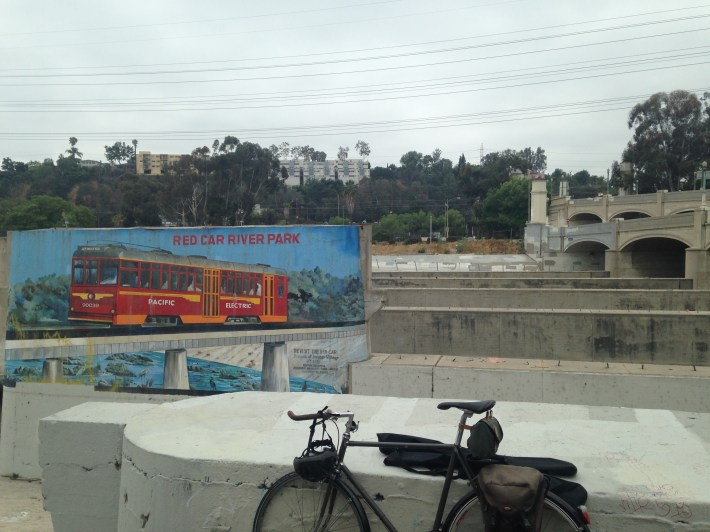The Senate Environment and Public Works Committee has unanimously passed the highway portion of a six-year transportation bill. The Commerce Committee has done its work on the rail and safety portion. The Finance Committee has the hardest job, the one that’s flummoxed Capitol Hill for six years now, but it’s held a hearing on transportation funding and Committee Chair Orrin Hatch says he’s confident they’ll get it done. But it’s the Banking Committee, with jurisdiction over transit, that’s the least far along with its work to complete a transportation bill.

Senate Majority Leader Mitch McConnell wants the whole transportation issue to go away quickly and not come back until after the 2016 elections. Rather than take up the five-month extension the House passed earlier this week, McConnell has set up a Tuesday vote on a measure that will clear the way for the Senate to consider the bill, finished or not.
Banking Committee members have told the bill drafters their priorities for a bill, but no language has been released yet. If timing gets tight (and who are we kidding; it’s already tight), Committee Chair Richard Shelby could forgo committee consideration and bring his section of the bill directly to the floor. With transit defender Sen. Sherrod Brown of Ohio occupying the top Democrat seat on the committee, one hopes he’ll be able to help shape the bill.
The transit portion of MAP-21 included a $10 million transit-oriented development planning grant pilot program but has failed to award any funds so far. A pilot doesn’t do much good if it’s never utilized, so advocates hope the Banking Committee will extend the program to provide an opportunity to evaluate it (and that U.S. DOT will disburse the MAP-21 money already).
Another opportunity for TOD comes in the Commerce Committee bill, which included a provision to better use the underutilized Railroad Rehabilitation and Improvement Financing program, authorized at $35 billion. The bill would allow local communities and real estate developers to access the funds directly to finance transit-oriented development, including commercial and residential development around passenger rail stations.
Another noteworthy aspect of the Commerce Committee’s portion that we failed to mention when it came out and all we could talk about was the proposed elimination of TIGER: It includes a rail authorization. Despite the fact that rail runs on the surface, it’s historically been excluded from the surface transportation bill. With the current rail authorization expired since 2013, the Commerce Committee has the opportunity to correct that mistake, and they’re taking it. So far, it doesn't look like the rail authorizations alters current policy very much, but we'll keep you posted if we uncover a big change.





